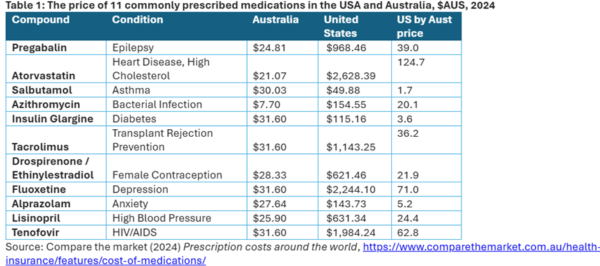Australia’s beleaguered university sector is never far from the headlines these days. Former Labor leader and current University of Canberra Vice-Chancellor Bill Shorten probably doesn’t envy his former ministerial colleagues who are currently on the campaign trail, but nonetheless, he’s in the news today.
The Canberra Times reports that Shorten is announcing a new voluntary redundancy program for UC’s professional staff. “We are not looking to achieve certain targets nor have we identified further positions as excess to requirements,” he told reporters.
UC has saved about $30 million by letting go of 150 staff to date. But why were these cuts necessary in the first place? Like most universities, UC has spent big on discretionary things that aren’t education or research.
Its 2023 annual report shows that the university spent $16.7 million on consultants’ fees, $9 million on ‘outsource management fees’, $697,000 on ‘sponsorships’, nearly $4.4 million on travel and just shy of $3 million on advertising.
The above graph shows that those items cost more in total than the 150 jobs that UC has since cut to repair its deficit.
